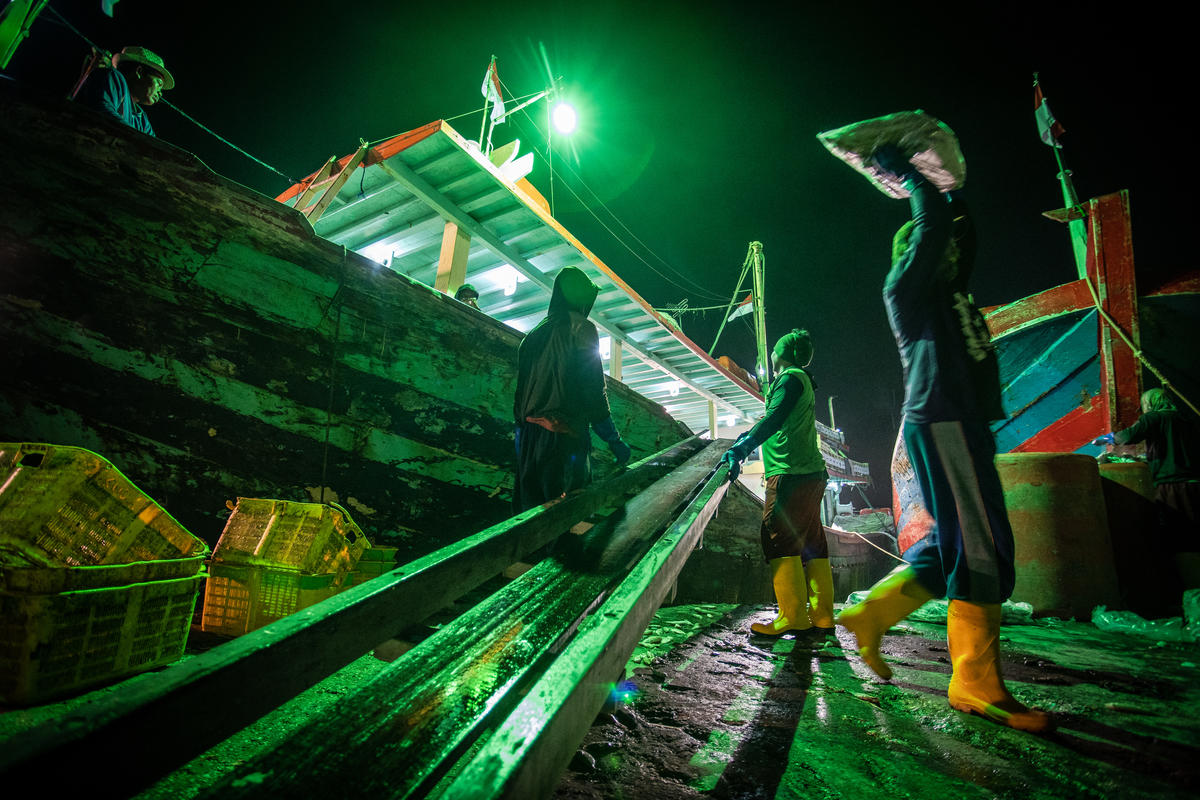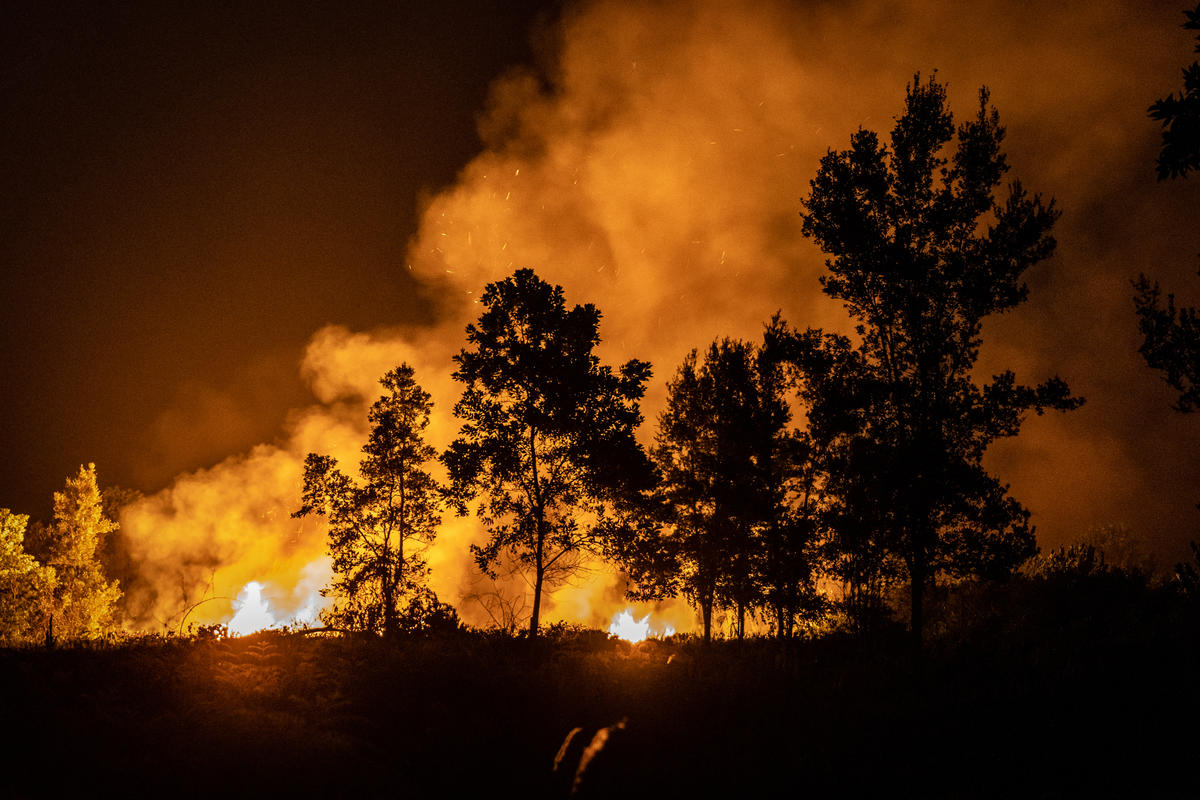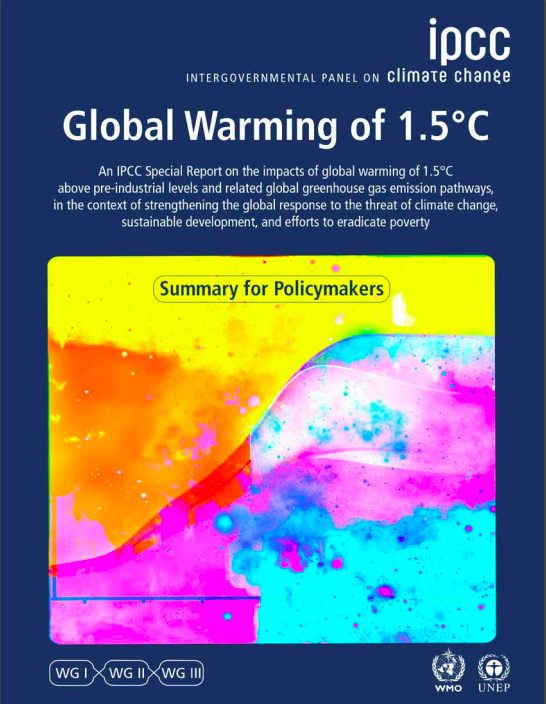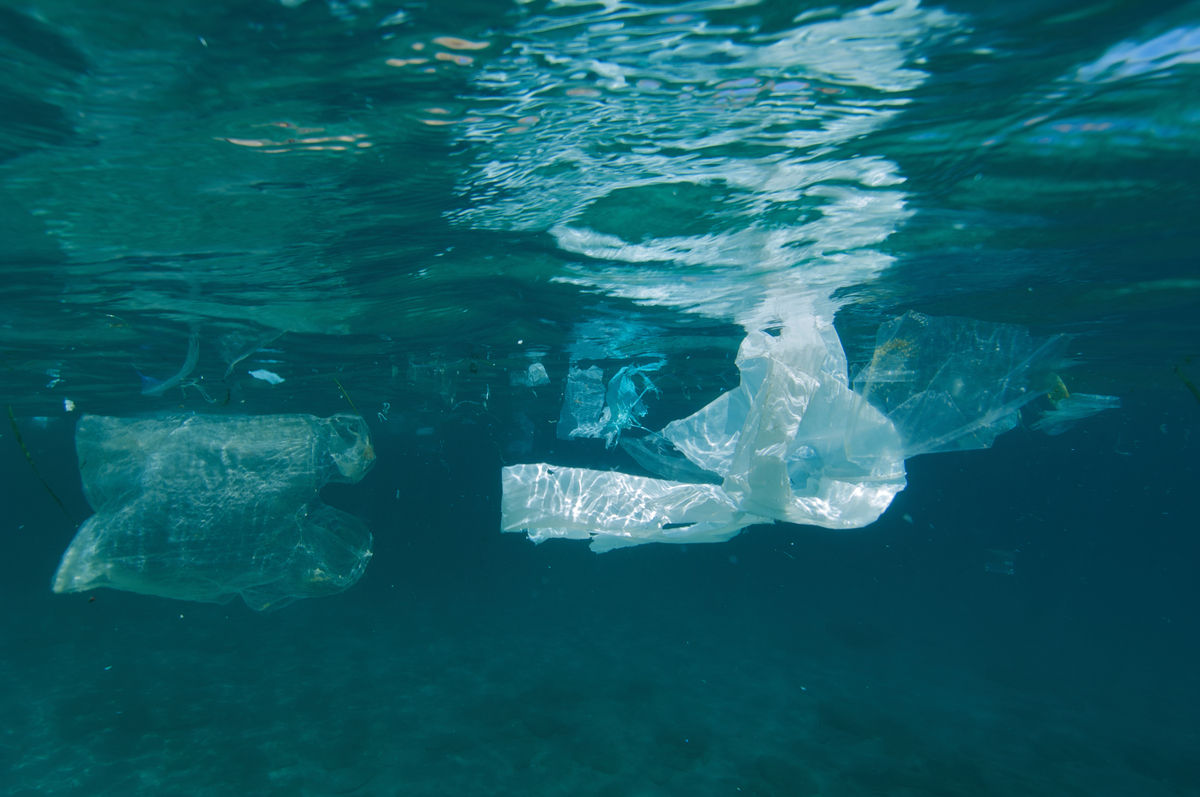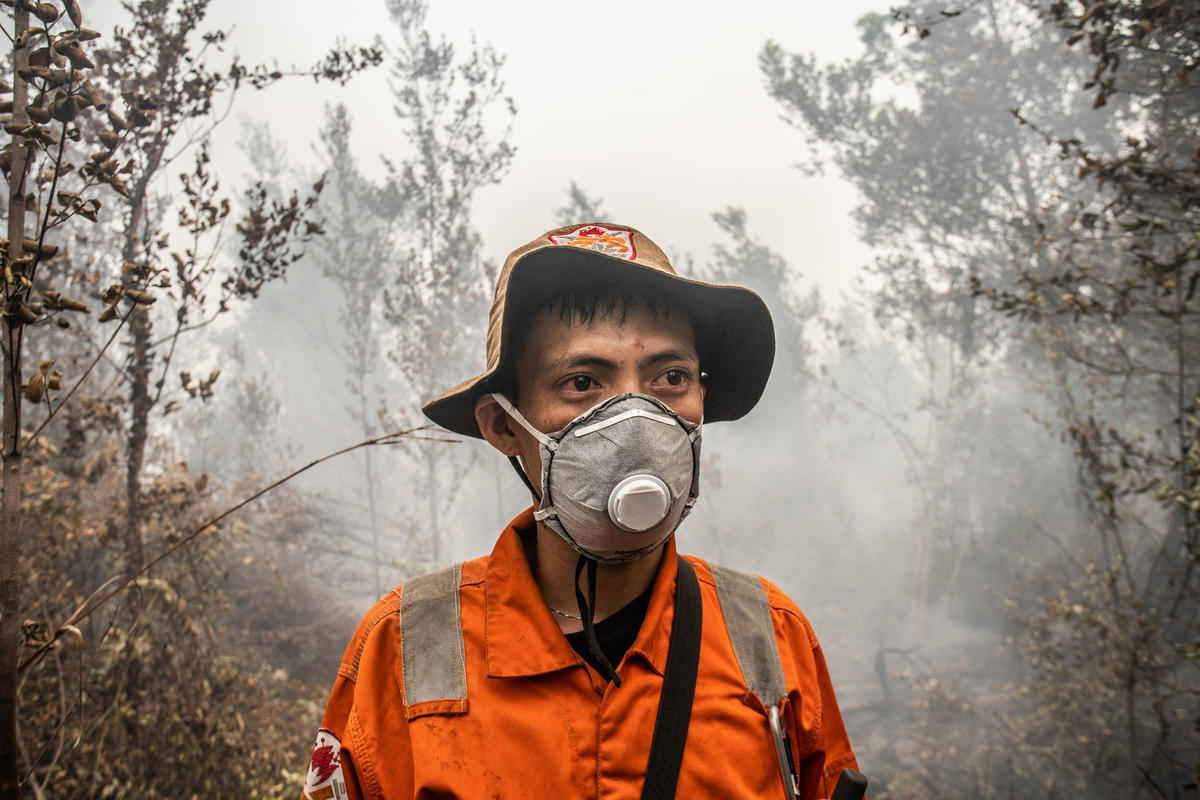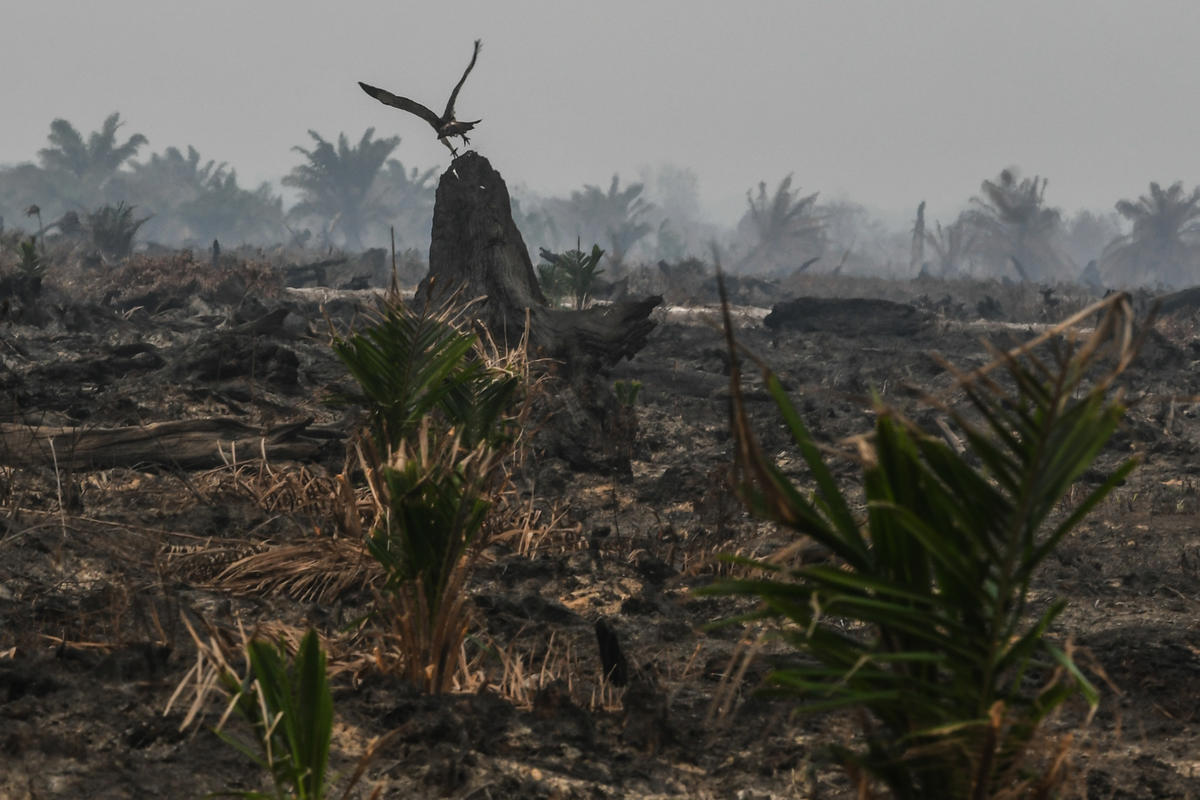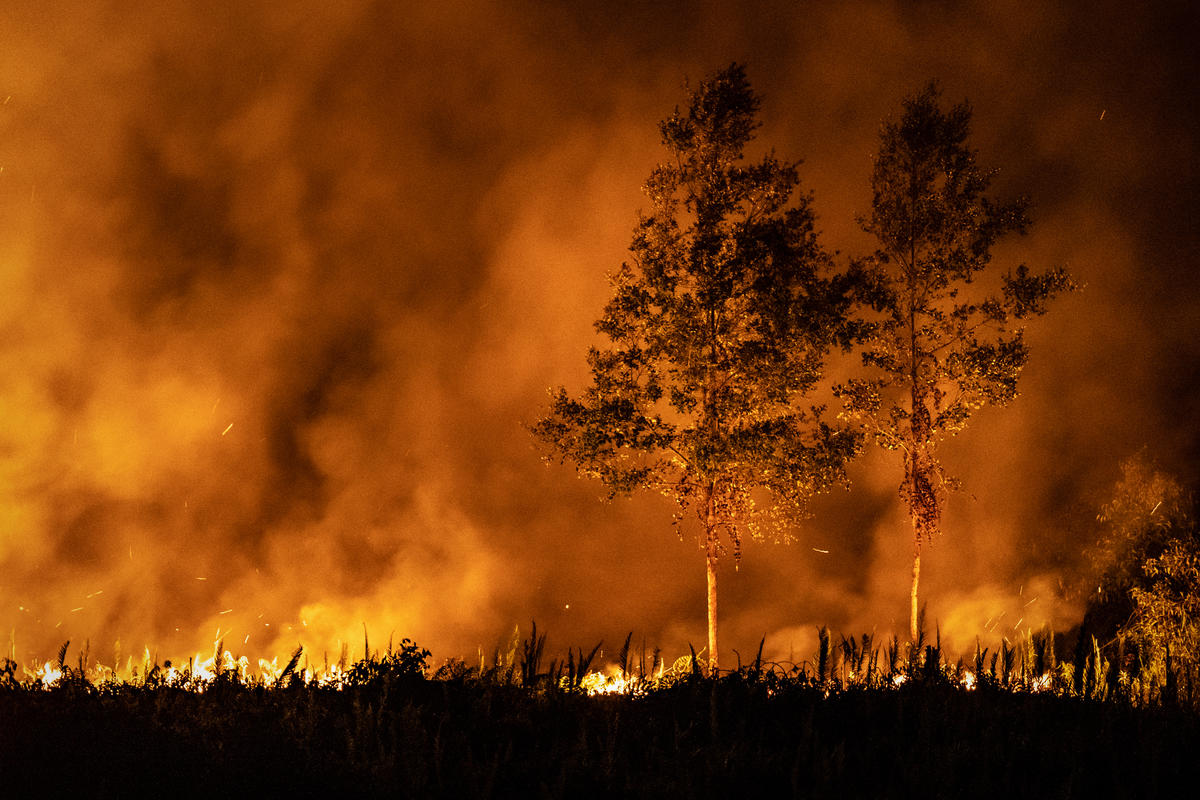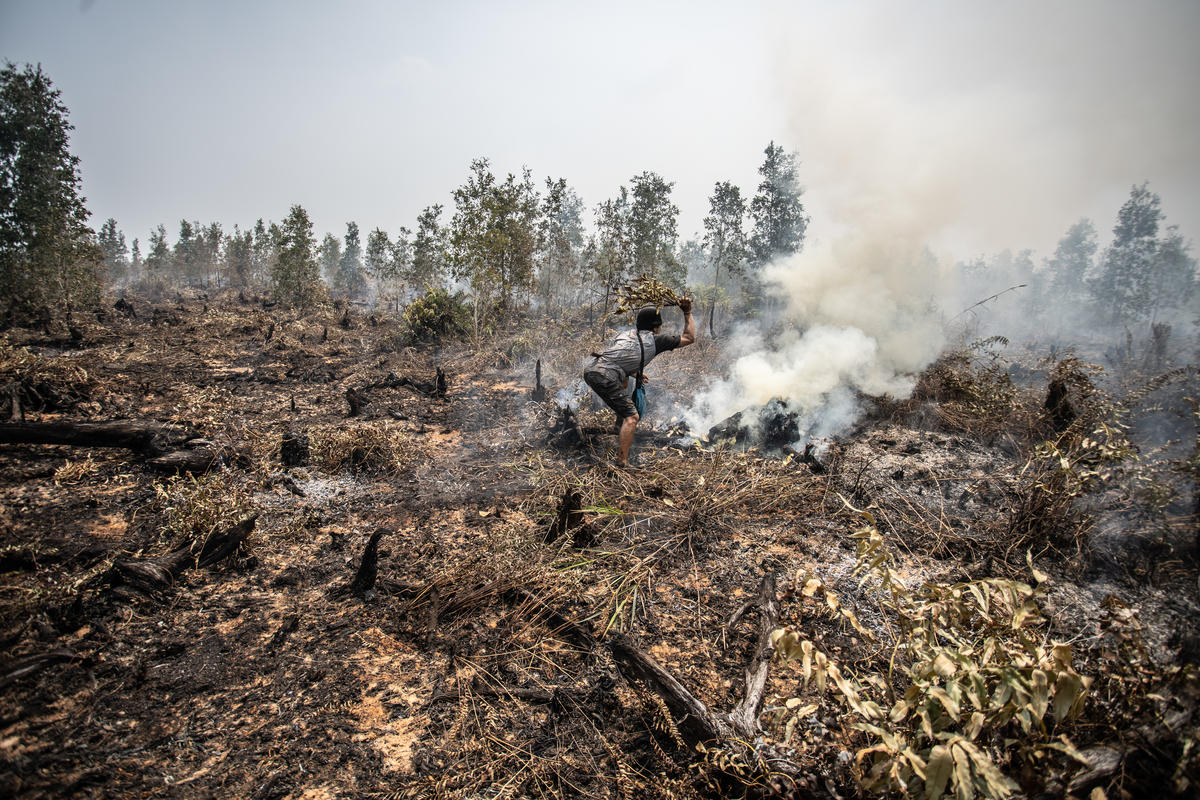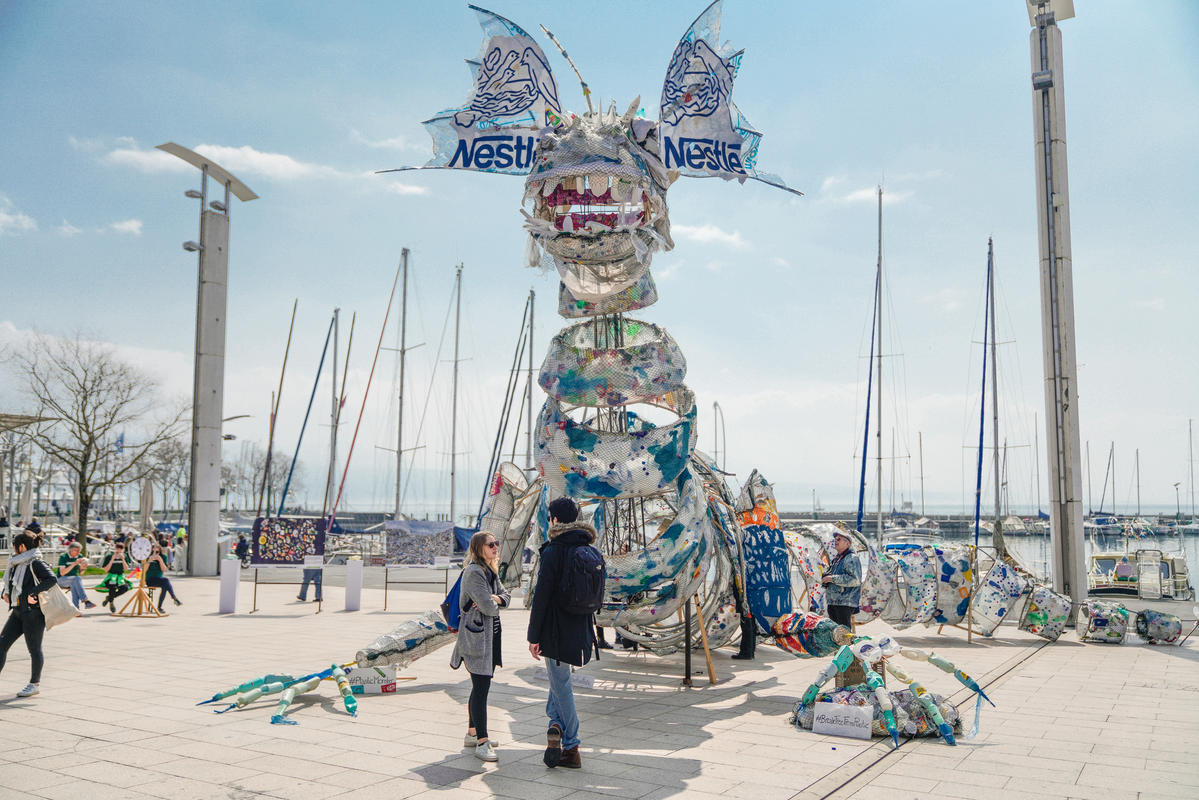All articles
-
RSPO’s 2013 maps resolution languishes despite announcement
“Too little, too late” said Annisa Rahmawati, Greenpeace Indonesia Senior Forest Campaigner, of the RSPO’s announcement it has published members’ oil palm concession maps for Peninsular Malaysia and Sarawak.
-
New testimonials suggest “modern slavery” for Southeast Asian migrant fishers working out at sea
13 foreign distant water fishing vessels have been accused of abusing migrant fishers from Southeast Asia, in cases so severe it has been characterised by many as “modern slavery”.
-
Major consumer brands linked to massive CO2 emissions from Indonesia forest fires
Jakarta, Indonesia – Some of the world’s best known brands are fuelling climate change by sourcing palm oil and wood pulp linked to Indonesian forest fires.
-
At COP25 leaders must prove they can hear us
At COP25, world leaders have an opportunity to overcome growing global skepticism that they're able to end the scientifically-predicted climate emergency. To deliver climate justice and prevent human rights abuses.
-
Nestlé switch to paper straws in Malaysia and Indonesia is not a solution
The shift from plastic to paper is not a viable solution. “Multinational companies like Nestlé, whose impact is widespread, need to address the root of the plastics crisis -- single-use products and throw-away culture.
-
The RSPO dodges responsibility for its members’ role in Indonesia’s fires crisis
In response to these new figures, the RSPO has repeated previous claims that RSPO concessions account for a much lower percentage of hotspots – just 0.4% – over a ‘snapshot’ period of 10–16 September.
-
Joint NGO Statement on Failure of RSPO to Meet the Demands of Global Climate Crisis
The world is in the midst of a climate emergency. Global citizens watched in horror and outrage as some of the largest remaining forested areas have been on fire.
-
Top consumer companies’ palm oil sustainability claims go up in flames
Consumer goods companies Unilever, Mondelez, Nestle, and Procter & Gamble (P&G), and top palm oil traders including Wilmar are buying palm oil from producers linked to thousands of fire hotspots in Indonesia this year.
-
A haze-free ASEAN by 2020 – are we there yet?
“A haze-free ASEAN by 2020 – are we there yet?” Southeast Asia Transboundary Haze 2019 This year, the plummeting air quality in Southeast Asia, caused by forest fires in…
-
Coca-Cola, Nestlé and PepsiCo named top plastic polluters for the second year in a row
Manila, Philippines – Coca-Cola, Nestlé, and PepsiCo are the top 3 most identified companies in global brand audits for the second year in a row, according to a new report…


